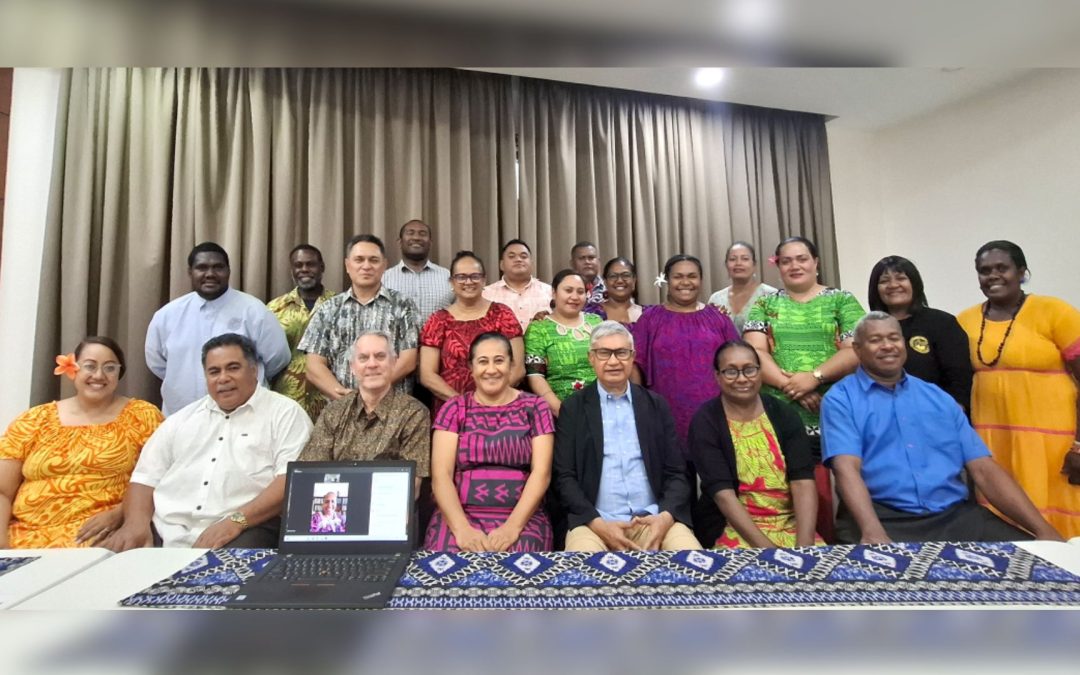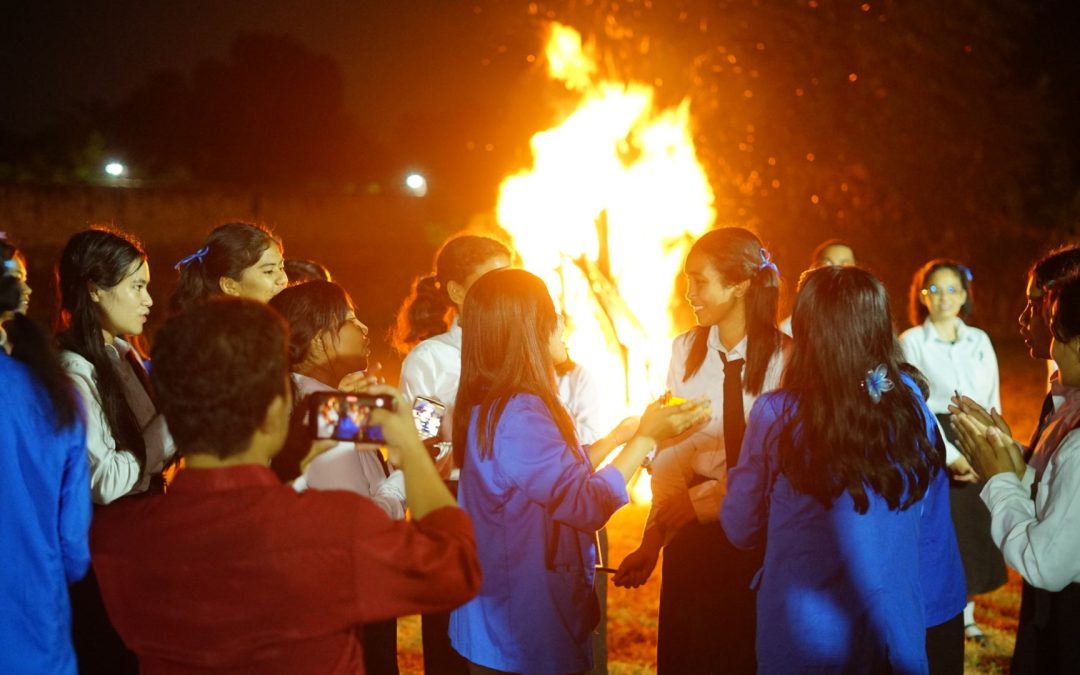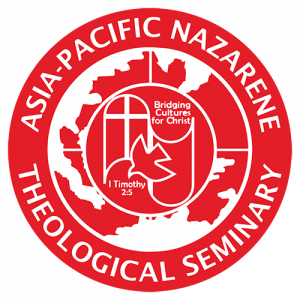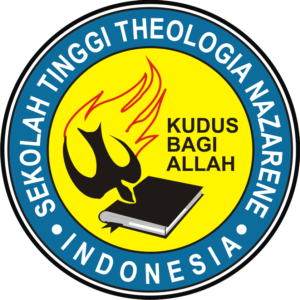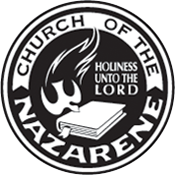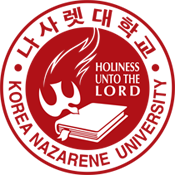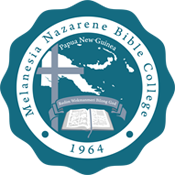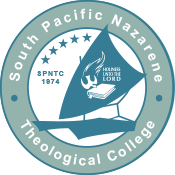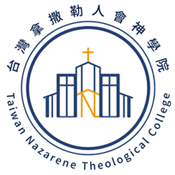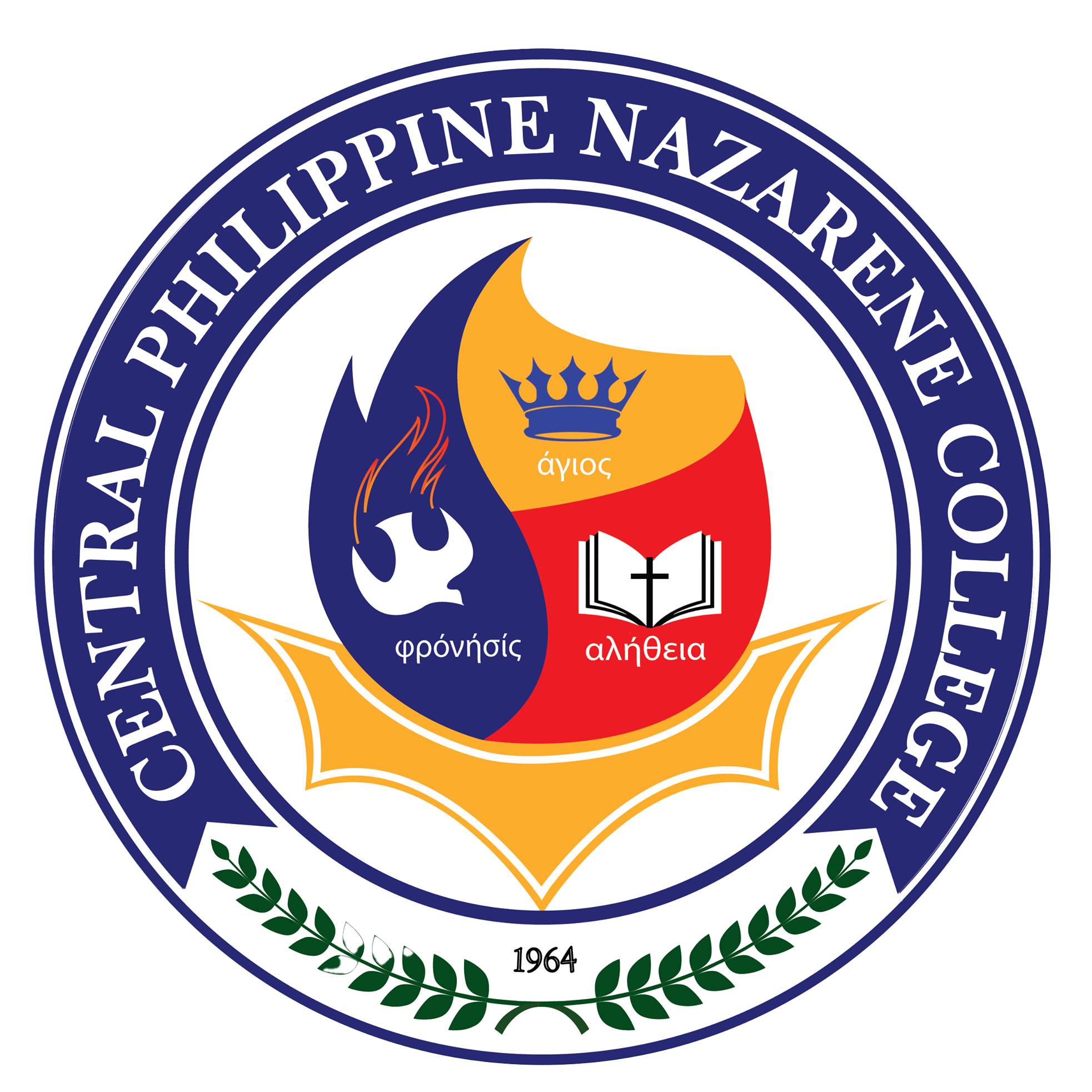The Church of the Nazarene enjoys the blessing of a dynamic network of 52 colleges, universities, and seminaries in 35 countries, on six continents. Through this global network, more than 50,000 students choose to be educated annually in preparation to serve as pastors, teachers, scientists, artists, medical professionals, and in a wide array of other careers. Most importantly, students are being formed and trained as followers of Jesus and leaders who live and serve from a Christian worldview.
The International Board of Education (IBOE) serves the Church of the Nazarene system of higher education in advocacy, support, evaluation, and networking. This system of institutions includes 51 colleges, universities, and seminaries and is resolute in shaping Christlike disciples and servant-leaders for lifelong service and global impact.
The institutions are located in more than 120 world areas on six continents and serve a richly diverse student body offering phenomenal opportunities for the more than 50,000 students who annually make Nazarene institutions their schools of choice.
Related News
Colleges & Institutions
Global Nazarene Education
Affirmation
We affirm the role and the equipping of the priesthood of all believers.
We affirm that theological education is about developing Christlike characters in community.
We affirm that theological education begins in the local church with intentional discipleship.
We affirm that the model we desire to promote and endorse is the Emmaus Journey Model.
We affirm that in this new and varied educational model we need to create space for intentional community.
We affirm that the theological education process must be relational.
We affirm that the educational process is a shared responsibility between the educators, the church, the mentors, and District Ministerial Studies Board and District Credentials Board.
We affirm the catalytic role of faculty in the development of students.
We affirm the need for transformation development of college boards, administration, and faculty members to develop the character of students.
We affirm the importance of Wesleyan-Holiness theological tradition and accountability.
We affirm that we are most effective when we collaborate across the region.


